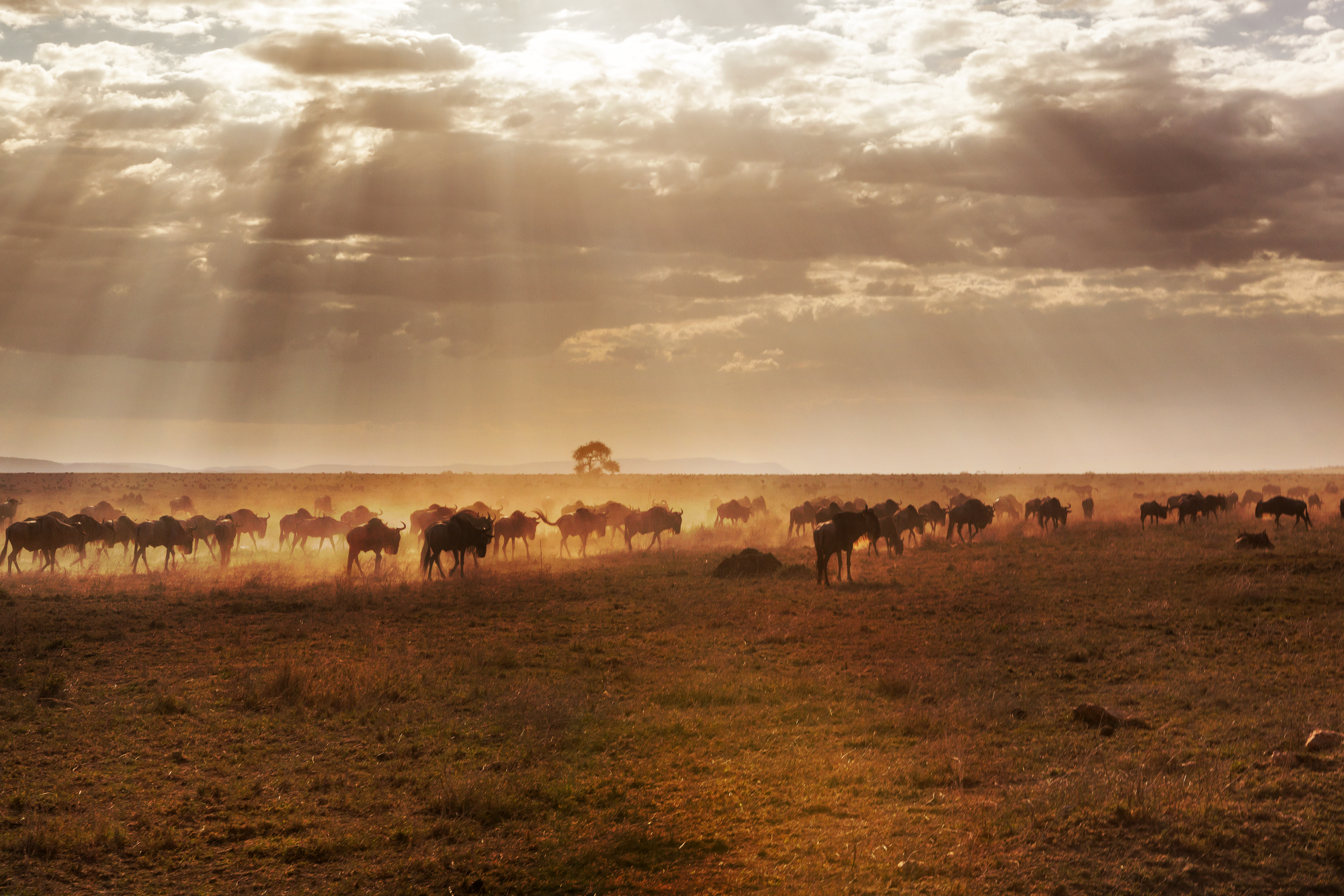The 2014 safari hunting ban in Northern Botswana, intended to support wildlife conservation, has had adverse effects on both rural communities and conservation outcomes. A recent study found that the ban significantly reduced the economic and social benefits previously provided by hunting-based tourism, such as jobs, income, scholarships, and community services. The shift to photographic tourism has failed to compensate for these losses, causing economic hardship and resentment.
This decline in local support for conservation has led to increased poaching, undermining wildlife protection efforts. The study calls for a policy shift toward inclusive, science-based approaches that balance ecological goals with the livelihoods of local communities. Sustainable conservation, it argues, must prioritize the well-being of the people living alongside wildlife to be truly effective.

